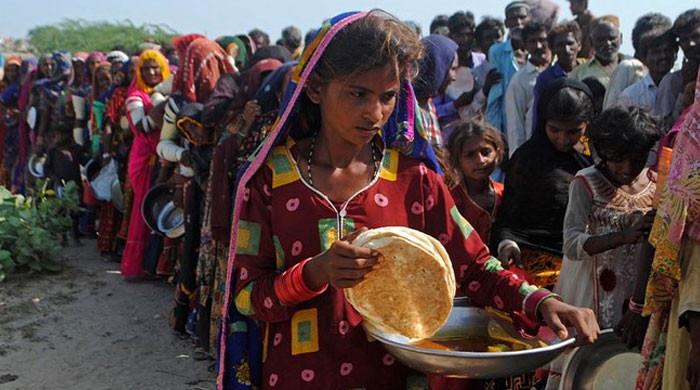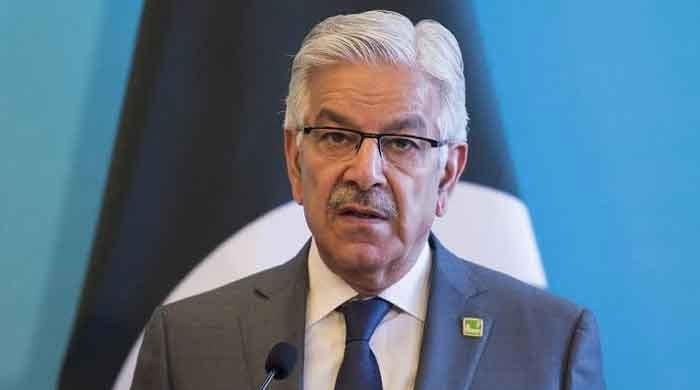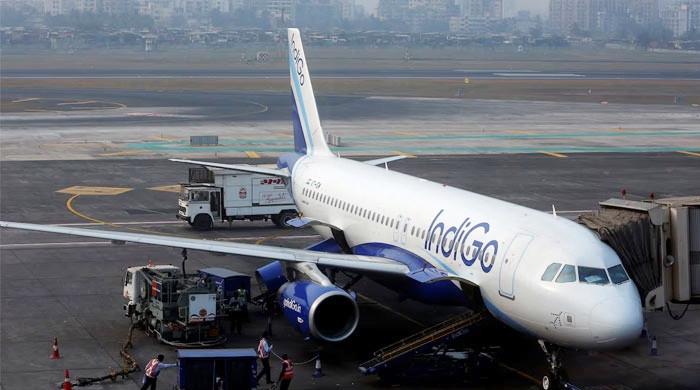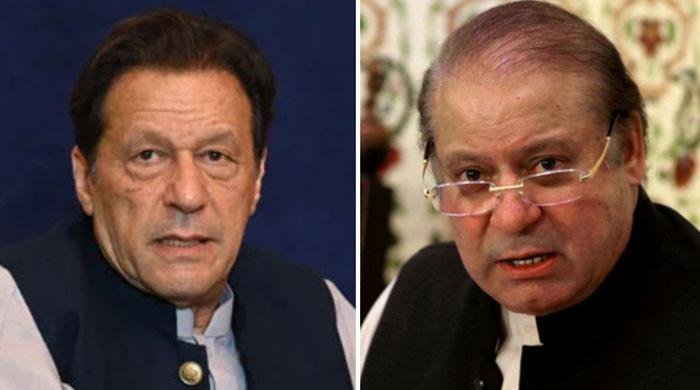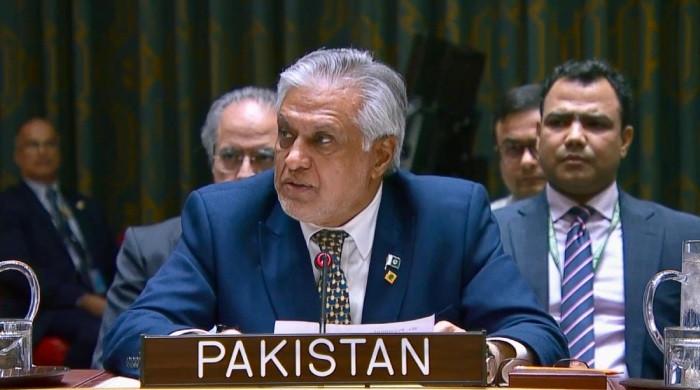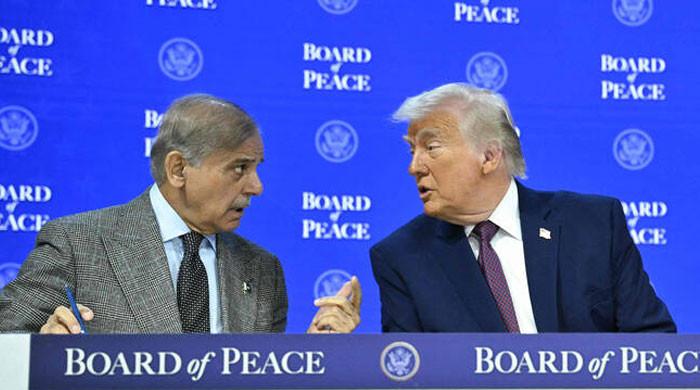'Stop daydreaming': Murad Ali Shah fires back after India's Sindh claim
“Sindh is an inseparable and integral part of Pakistan," says CM Murad Ali Shah
November 25, 2025
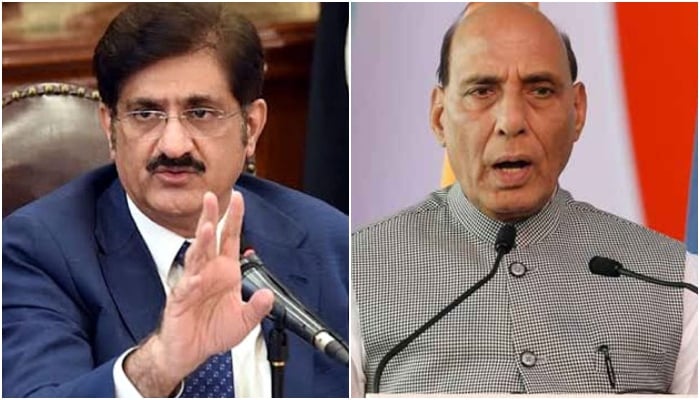
- CM says: “Sindh was, is and will remain a part of Pakistan.”
- Sindh CM says Indian defence minister “unaware of history”.
- CM advises Indian minister to focus on their internal division.
ISLAMABAD: Sindh Chief Minister Murad Ali Shah on Tuesday strongly condemned Indian Defence Minister Rajnath Singh’s remarks suggesting that Sindh could "return to India", urging him to stop “daydreaming”.
In a statement on social media, CM Murad said: “Sindh is an inseparable and integral part of Pakistan. Sindh was, is and will remain a part of Pakistan.”
Hitting back at the Indian minister over his "irresponsible statement", the chief minister said that Singh is “unaware of history”.
CM Murad explained that Sindh had separated from the Bombay Presidency in 1936, even before the creation of Pakistan, and that the people of Sindh had long prioritised their autonomy, dignity and political identity.
The chief minister advised the Indian minister to focus on their internal division instead of daydreaming about them.
Indian media earlier quoted Singh as saying: “Today, the land of Sindh may not be a part of India, but civilisationally, Sindh will always be a part of India. And as far as land is concerned, borders can change. Who knows, tomorrow Sindh may return to India again.”
According to Indian outlets, Singh also claimed that Sindhi Hindus of his generation had never fully accepted the province’s accession to Pakistan.
It is pertinent to mention here that the Foreign Office (FO) on Sunday strongly condemned the Indian minister’s remarks, calling the comments "delusional, revisionist and a threat to regional stability".
In a statement, the FO had said Singh’s assertions reflected an “expansionist Hindutva mindset” that violated international law, challenged recognised borders, and undermined the sovereignty of states.
The FO had urged Indian leaders to stop issuing provocative rhetoric and instead focus on ensuring the security of India’s own citizens, particularly vulnerable minority communities, by holding perpetrators of faith-based violence accountable and addressing discrimination rooted in historical distortions.
It had said India should also pay attention to long-standing grievances in its northeast, where communities continue to face marginalization, identity-based persecution and “cycles of state-enabled violence”.
Reaffirming its stance on Kashmir, Pakistan had called on New Delhi to take “credible steps” toward resolving the Jammu and Kashmir dispute in line with UN Security Council resolutions and the aspirations of the Kashmiri people.
The FO had added that Pakistan remained committed to peaceful dispute resolution on the basis of justice and international law, but would continue to safeguard its security, independence and sovereignty.




